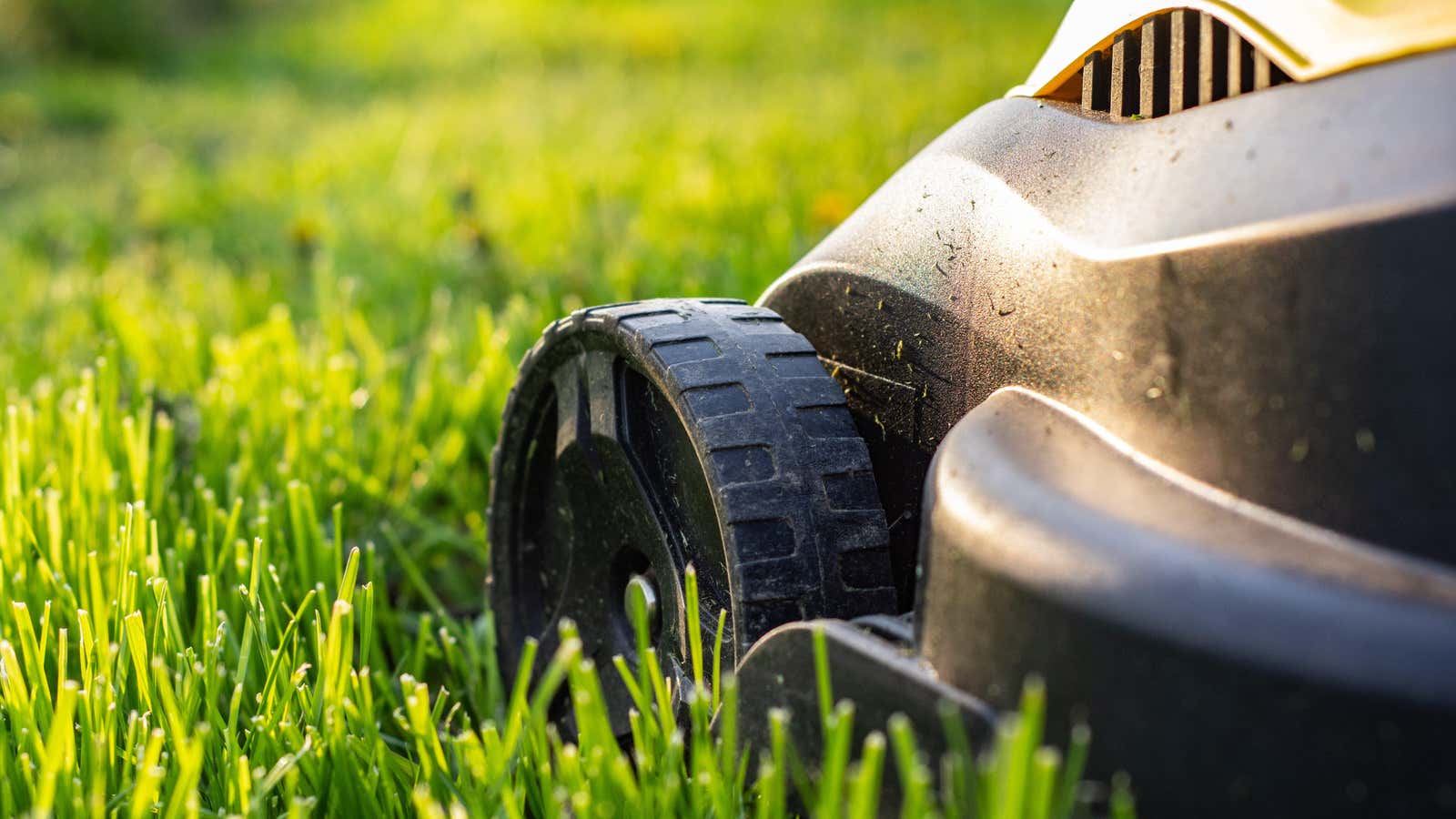How to Actually Tell If You Need a Lawnmower or a Tractor

When it comes to cutting grass, you have several options (including not planting and maintaining traditional American turf). The solution may be easier for those with large yards, as using anything other than a tractor will take quite a bit of time.
But what about smaller or medium sized yards? How do you know when it’s best to use a mower rather than a tractor (and vice versa)? To help us answer these questions, the Consumer Reports team put together a lawnmower and tractor guide to find out which ones are best for your yard. Here’s what you need to know.
Battery mower
Suitable for : Flat yards up to 1/4 acre
Battery powered lawn mowers can be annoying if you run out of charge before you finish your job. But that’s not a problem with smaller yards that can be mowed in a single charge. The exception is when it comes to hills, in which case you might want to opt for something self-propelled.
Self propelled mower
Suitable for : Yards up to 1/2 acre
Self-propelled mowers powered by gasoline or battery are ideal for large yards but don’t really require a tractor. According to Consumer Reports , self-propelled mowers cost about $100 more than regular mowers, but when you need to cover more ground, it’s worth it because you don’t have to put in as much effort and energy.
gas lawn tractor
Suitable for : yards over 1/2 regular shape.
When it comes to tractors, Consumer Reports experts highlight two main options: a traditional gas lawn tractor and a zero-turn tractor (which we’ll talk about in a minute). Gas lawn tractors are great for cutting large grassy areas as long as they are relatively straight. They can work for hours and leave you with a neatly cut lawn, but their maneuverability is not the best.
Tractor with zero turn
Suitable for : yards larger than 1/2 and irregularly shaped.
According to Consumer Reports , if your yard includes more than large patches of grass, such as trees, flower beds, or other landscapes that can’t/shouldn’t be mowed, you might want to consider a zero-turn tractor. It will be better suited for tight turns and obstacles in the yard, and once you get to patches of continuous grass, it will run at a higher speed.